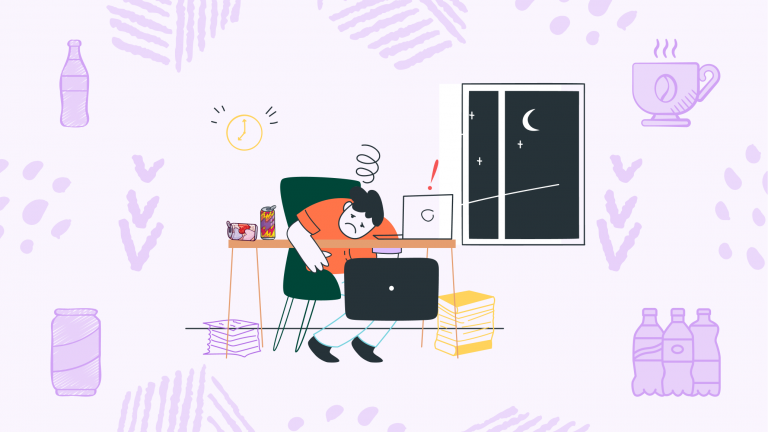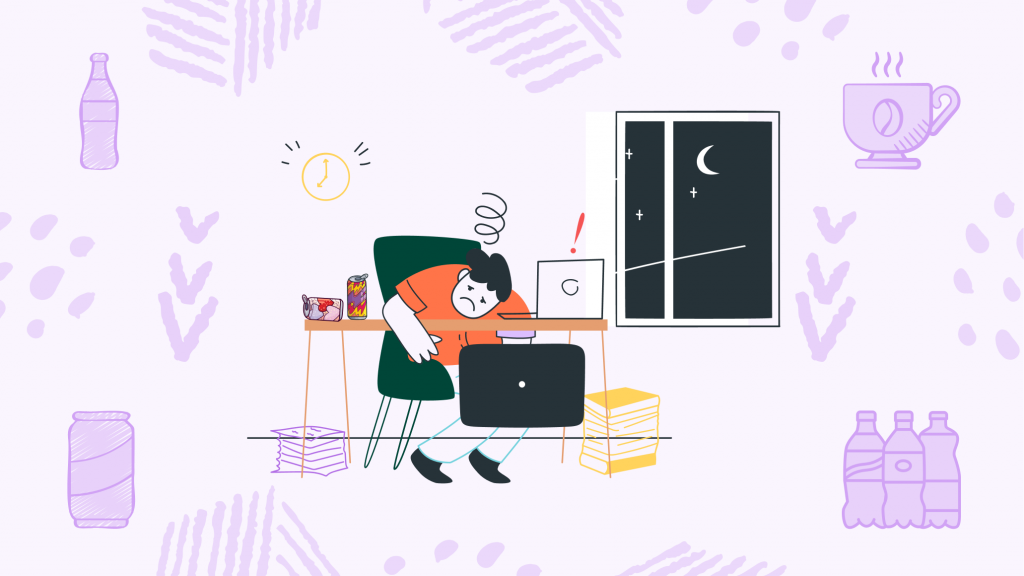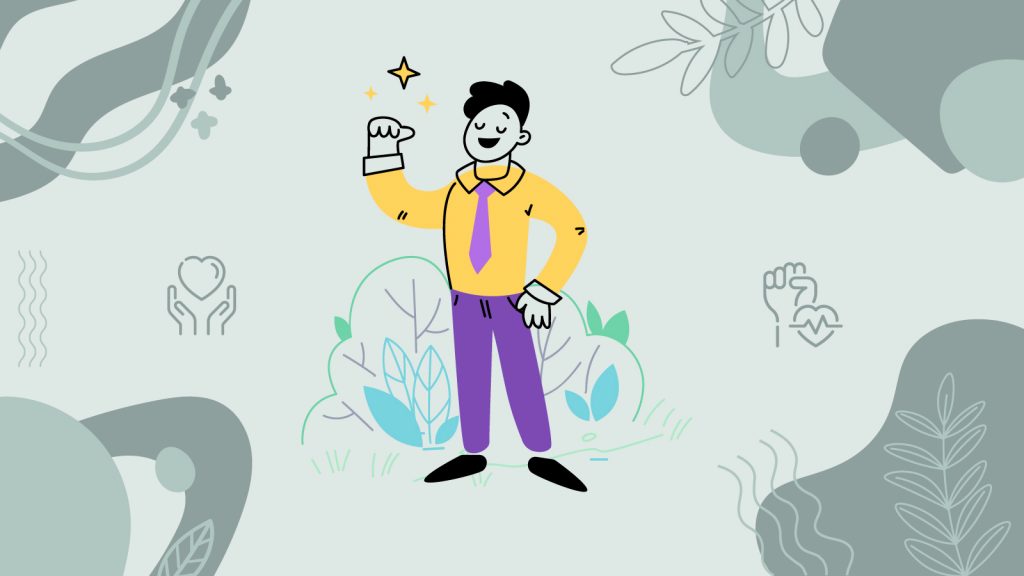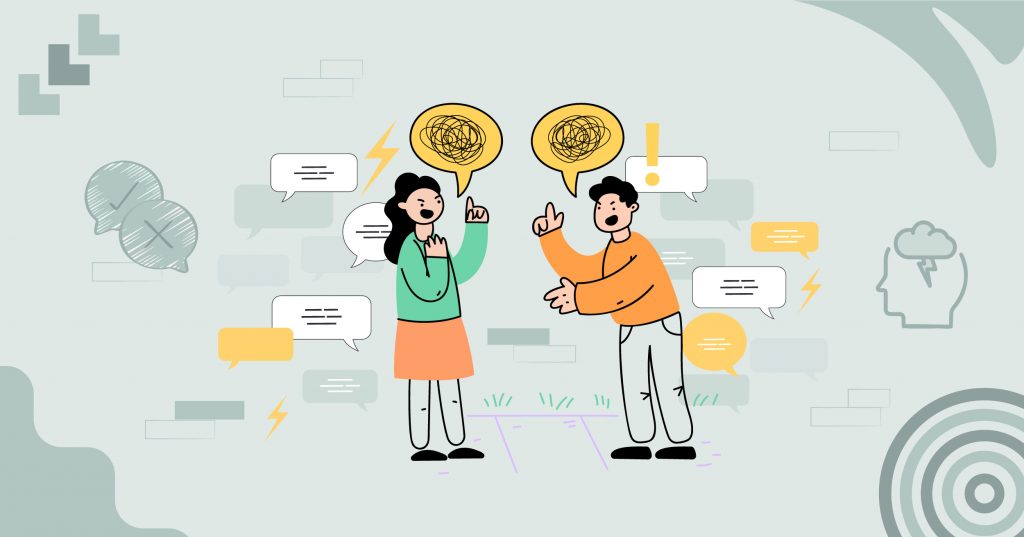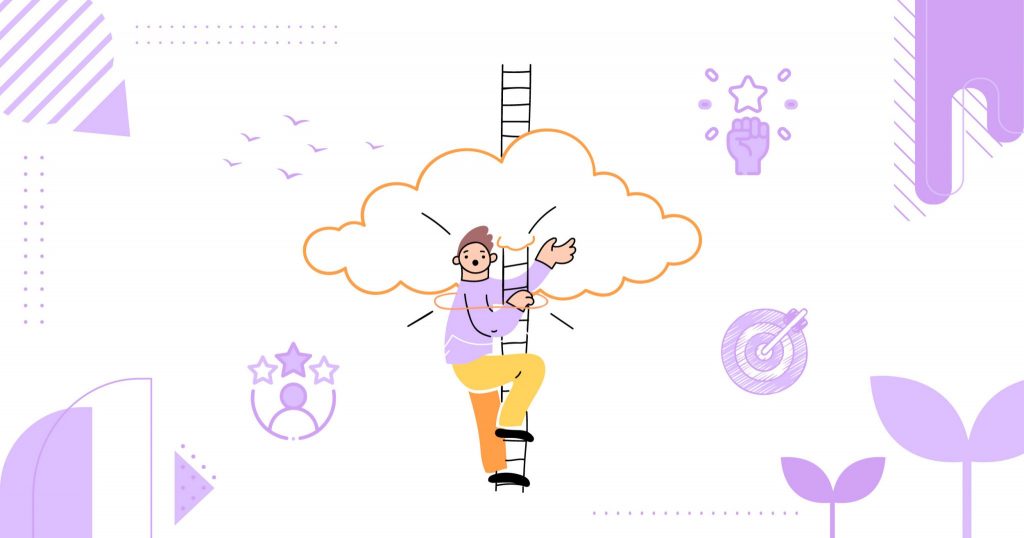Understand Our Caffeine Cravings
The Battle with the Bean, eh? It’s like we’re navigating a minefield in a world obsessed with buzz and brews. Coffee shops are our comfort zones, and those shiny cans of energy drinks beckon us with promises of instant pep.
Cutting down on caffeine? Now that’s a tall order, especially when it feels like a warm hug in a mug or a lightning bolt of alertness just waiting to be unleashed. It’s way more than just savoring that rich, aromatic flavor of freshly brewed coffee or the zing of a cold energy drink.
Caffeine, that sneaky little compound, has wormed its way deep into the fabric of our daily lives, dictating when we wake up and how we push through the midday doldrums. It’s like we’re on this caffeine carousel, and hopping off can be dizzyingly daunting.
The impact? Oh, it’s massive – tossing and turning at night, riding the emotional rollercoaster, and feeling like a battery running low.
Yes, this caffeine conundrum is a sticky web of habit and necessity, entangling sleep, mood, and well-being in its threads.
Why Caffeine Captivates Us
Caffeine acts as a stimulant by blocking adenosine receptors in the brain. Adenosine is a neurochemical that promotes relaxation and sleepiness; when caffeine blocks its receptors, it leads to increased alertness and wakefulness.
Moreover, caffeine stimulates the release of other neurotransmitters like dopamine and norepinephrine, enhancing feelings of pleasure and energy. This biochemical interplay can lead to dependency, making it challenging to reduce intake without experiencing withdrawal symptoms such as headaches, fatigue, and irritability.
Diving deeper into the caffeine conundrum, it’s fascinating to see how this stimulant not only perks up the brain but also affects the entire body. Beyond the brain’s buzz, caffeine steps up the heart rate and blood pressure, making you feel more ‘alive’ and kicking. It’s like flipping the body’s switch to high gear, preparing you for action. This isn’t just a brain affair; it’s a full-body response to the call of caffeine.
The plot thickens with caffeine’s ability to mess with your stress hormones, like cortisol, mimicking the body’s fight or flight response. It tricks your body into feeling on edge, ready to face a predator that isn’t there.
Over time, this can lead to a state of chronic stress, even when you’re just sitting at your desk or chilling at home.
And here’s the kicker: the more you lean on caffeine to get through your day, the more your body adjusts, building tolerance. This means you need higher doses of caffeine to feel the same effects, trapping you in a cycle that’s tough to break.
This escalating spiral can make cutting back on caffeine feel like an uphill battle, as your body and brain start demanding the very thing you’re trying to resist.
Subscribe to newsletter
Get your Gut Health Starter Guide right now.
Elevate your Tuesdays with practical, science-backed wisdom propelling you forward on your gut health journey.

Practical Steps to Limit Caffeine
- Gradual Reduction: Instead of quitting cold turkey, gradually decrease your caffeine consumption to minimize withdrawal effects. For instance, if you drink four cups of coffee a day, reduce to three cups for a week, then two, and so on.
- Mindful Alternatives: Replace caffeinated beverages with non-caffeinated ones like herbal teas, water, or decaf coffee to maintain your hydration and satisfy the habit of sipping on a drink.
- Timing Matters: Avoid caffeine late in the day to ensure it doesn’t interfere with your sleep. Try setting a caffeine cutoff time, like no caffeine after 2 pm.
- Understand Your Motives: Reflect on why you reach for caffeine – is it habit, taste, or energy boost? Identifying the reason can help you find alternative solutions, like a short walk for energy or flavored water for taste.
The Joy of Less
Emily, a software developer, found her caffeine consumption spiraling as her workload increased. “I was up to six cups of coffee a day, and it started affecting my sleep and making me jittery,” she recounts.
Emily decided to cut back slowly, replacing her afternoon coffees with herbal tea and setting strict no-caffeine hours in the evening. “It was tough at first, but I began sleeping better, and the afternoon fog lifted,” she says. Now, with just one or two cups of coffee in the morning, Emily enjoys sustained energy levels throughout the day and feels more balanced overall.
By understanding caffeine’s effects and mindfully managing intake, individuals can break free from the caffeine hold, leading to enhanced sleep quality, reduced anxiety, and a healthier lifestyle. Emily’s story is just one of many showcasing the positive shift that comes with mindful caffeine consumption.













